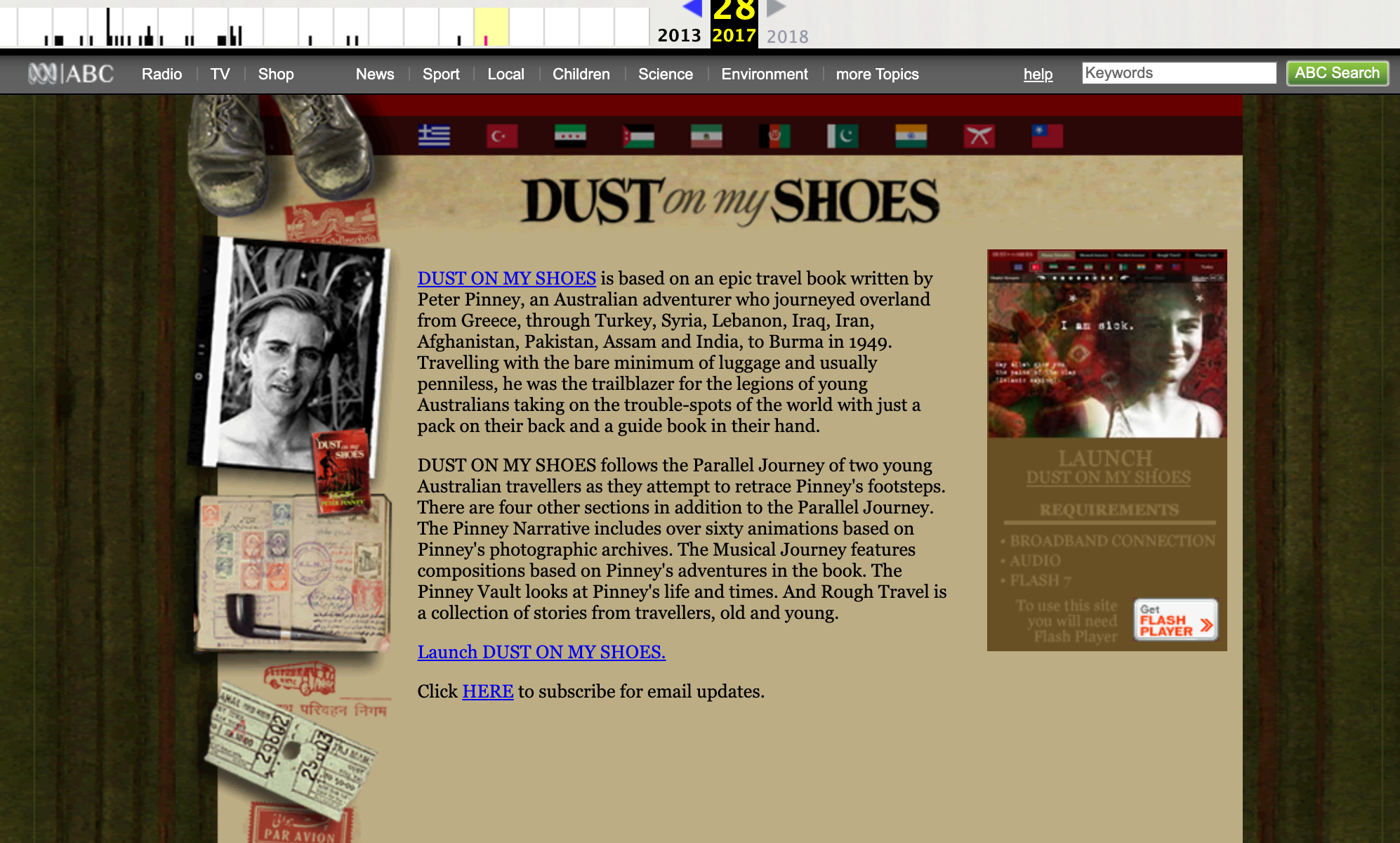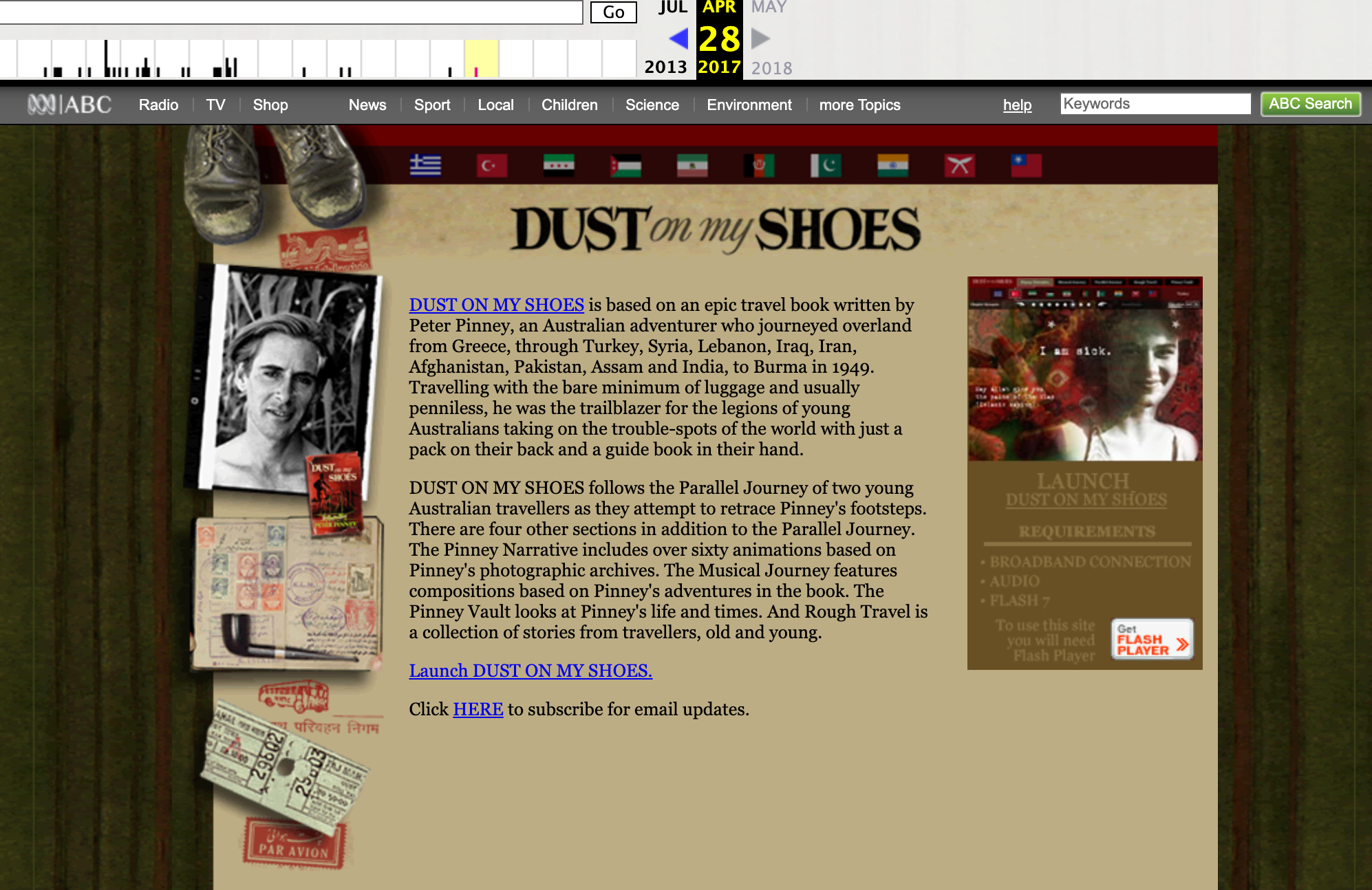If you’ve changed your lightbulbs recently or decided to get yourself one of those reusable green bags from Foodtown then good on you, but you may want to consider that although New Zealand has one of the highest carbon footprints per person in the entire world, the vast majority of our greenhouse gases are created by massive companies like Fonterra, Comalco / Rio Tinto, Solid Energy and Genesis Energy who have more influence over the New Zealand climate protection policy than you can shake a lightbulb at. So should we be concerned that these mega-polluting giants are the ones who get to tell Helen Clarke, Kevin Rudd and the rest of us whats good for the climate? We certainly think so and would like to invite everyone else who agrees to join us this Wednesday for the final day of the conference.
Afghanistan – not a good war – gathering some info.
I am figuring out why the hell we, New Zealand is in Afghanistan. Why it seems almost secret that we are there. Why Obama wants to escalate the war. Some links in no particular order.
http://www.antiwar.com/orig/hallinan.php?articleid=13242
By any measure, a military “victory” in Afghanistan is simply not possible. The only viable alternative is to begin direct negotiations with the Taliban, and to draw in regional powers with a stake in the outcome: Iran, Pakistan, Russia, Turkmenistan, Tajikistan, China, and India.
But to do so will require abandoning our “story” about the Afghan conflict as a “good war.” In this new millennium, there are no good wars.
Look at this link if you have a good stomach for atrocity.
Phil Goff 2005 on why we are there – he calls it Peace keeping – sounds like double talk to me. The news today about civilian deaths.
I was hoping to find more from the Greens. Its all a bit stale, and the upshot is that our involment is a token. there is this. And Keith Lock’s original opposition to the war in 2001. And his comments on rebellion of the New Zealand SAS make interesting reading! Here, and here.
Ok, it may be that New Zealand can keep out of the worst of it, but it is there alonside an invader. The are complicit even if the SAS has rebelled. I wonder what the deeper story is – who rebelled, what do they say now?
Scoop has a recent Govt press release.
Gwynne Dyer: Afghanistan – A war won and lost London Journalist via the New Zealand Herald – also last years, but has some analysis.
A bit more than a “Holiday Update”
Miranda July, edgy, provocative, loving & full of integrity:
Holiday Update
hello,
for those of you who are american, you now have a holiday. there may be times during this holiday where you feel a) not as happy as you had planned on feeling, b) like ripping someone’s head off, or c) fat.
this is because it is a holiday celebrating genocide.
Paris Breakfasts
Guess!
New Zealand rates fith when if comes to Psychodrama. Guess who comes first?
Google trends is great fun! and mist bare sone profound! uses. like there & how ho promote services.
The Peter Pinney philosopy of life
Got this image from Wayback machine:
The Flash presentation no longer works as far as I can tell.

A letter by his daughter from the flash story.
Dust on My Shoes
My hero. As a teen I read every book, and he was the inspiration for me to "travel". He was the first hippy. In '66 I quit teaching & with no money followed his example… but I was no traveller. I stayed put once I crossed the Tasman. I was inspired by the utter simplicity of his life. Nothing. His posessions in a string bag.
I have in later years scanned many libraries here in New Zealand and in Australia for his books, to no avail. But he is back on the net:

Interview with his wife Estelle | A book by her
Dust on my Shoes A flash telling with music etc – I have seen nothing like it. Some background to the flash thing here
A few years ago I called an album of mine 'Dust On My Shoes', and that title came from a travel book published in ther early 1950s, by a bloke called Peter Pinney. He was an interesting character, writing travel books during the 1940s and 50s… he just had the most interesting, picturesque life," he says.
It was Mick's brother whose film and multimedia company applied for funding to create an online documentary about Pinney, as well as attempting to recreate his journeys.
More about V & Anarchy.

I don't have an attraction to anarchy but I do like the philosophy of anarchy to be presented accurately. This website is a good resource, and follows on well form the thinking out loud I have been doing here on the book & the movie. The image here contrasts with the end of the movie, where masses of masked people arise to challenge the state, not such a bad shift.
Anyway, an interesting way to do armchair politics.
Natalie Portman, V & the Moriori
Cinema Confidential News: 03/15/06
Good interview, there is so much to reflect on in this movie and portman does that: here is one example:
There was a book I read that we all ended up reading in the movie; “Cloud Atlas,” which was pretty formative to my ideas about violence because it has this story of the Moriori Tribe, which is this non-violent tribe in New Zealand. They thought that if you commit violence, your soul would become tainted and you would become outcasts in their society. When the Europeans came, they were violent and now the Morioris don’t exist.
I have just read the original Alan Moore & David Lloyd graphic novel V for Vendetta and seen the movie. I feel like writing a treatise on the difference between the two! I am OK with both but the differences were worthwhile, and make me respect the Wachowski Brothers all over again. The did it for me in Martrix and they lost it in II and III and have it back in V (ha). I can easily echo her closing remark:
I’m looking forward to talking to people who see this movie because it provokes strong reactions from someone, and different reactions, is so interesting; to see people’s different interpretations and reactions is so nice to hear.
Here is a backstory about Alan Moore & his distancing himself from the movie.
PS: I am following up on the Moriori!
International Community for Ecopsychology
International Community for Ecopsychology:
Ecopsychology, or eco-psychology as it is sometimes called, is situated at the intersection of a number of fields of enquiry, including environmental philosophy, psychology, and ecology, but is not limited by any disciplinary boundaries. At its core, ecopsychology suggests that there is a synergistic relation between planetary and personal well being; that the needs of the one are relevant to the other.
Came across this in connection with the interesting *collaborative blog* Seeds for Thought
Sunday, 31 January, 2010
On my Old WordPress blog, someone left this link in a trackback.



